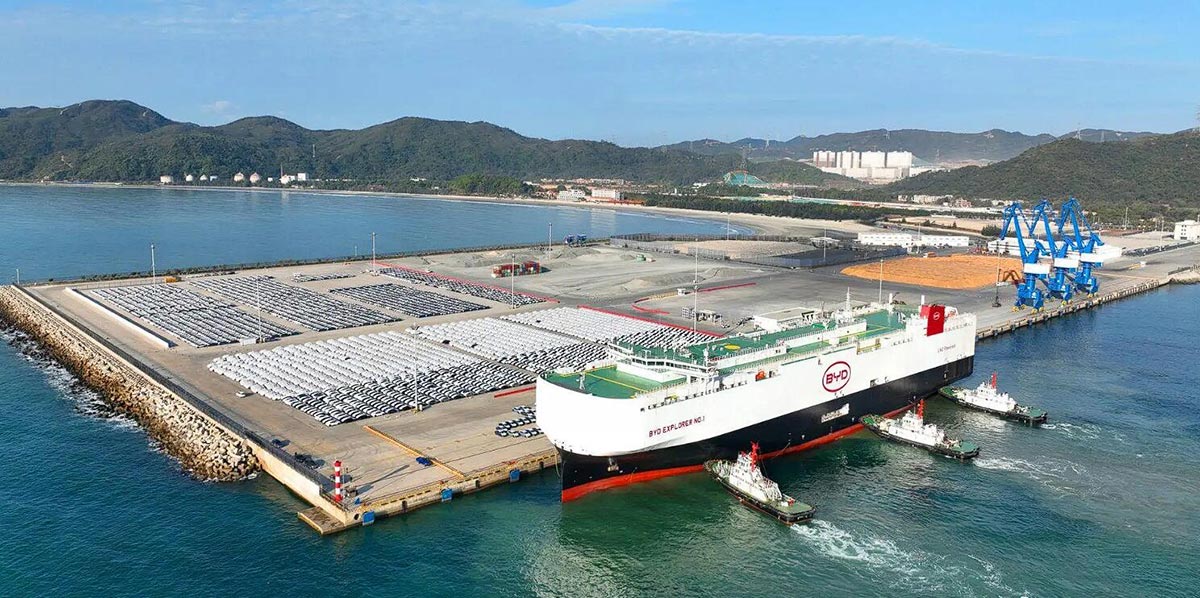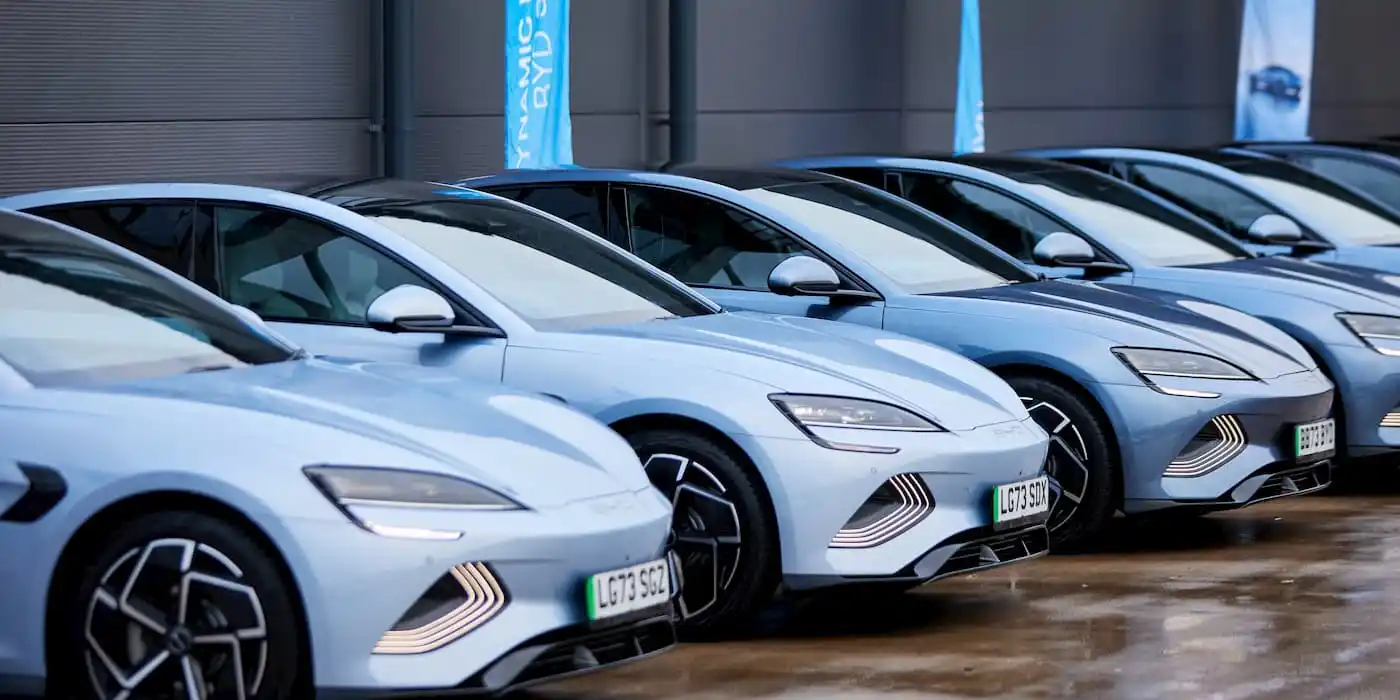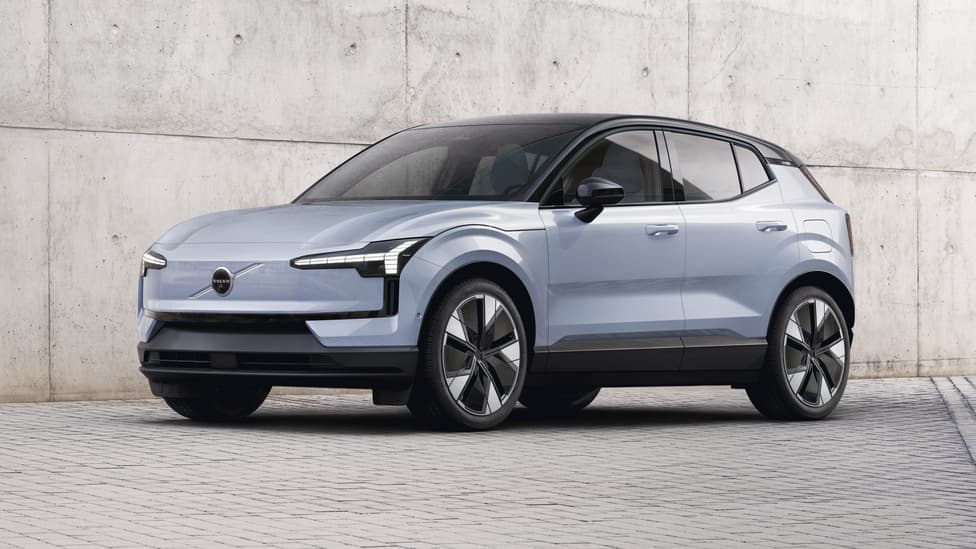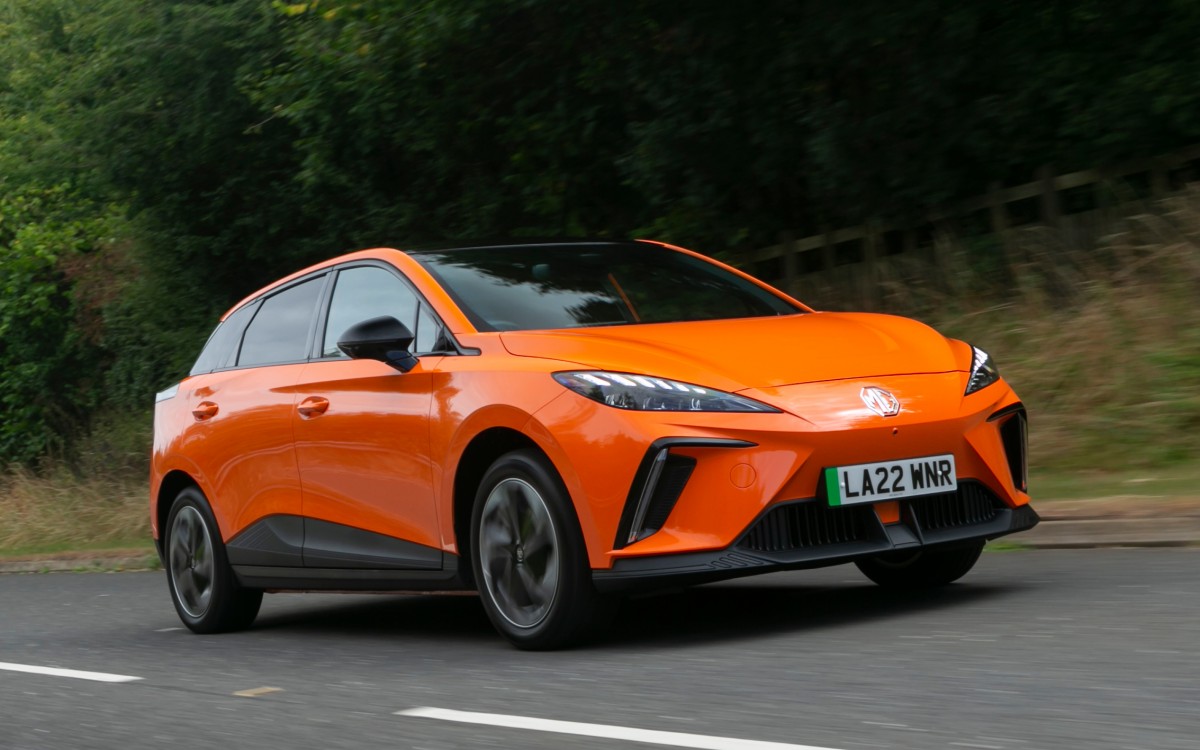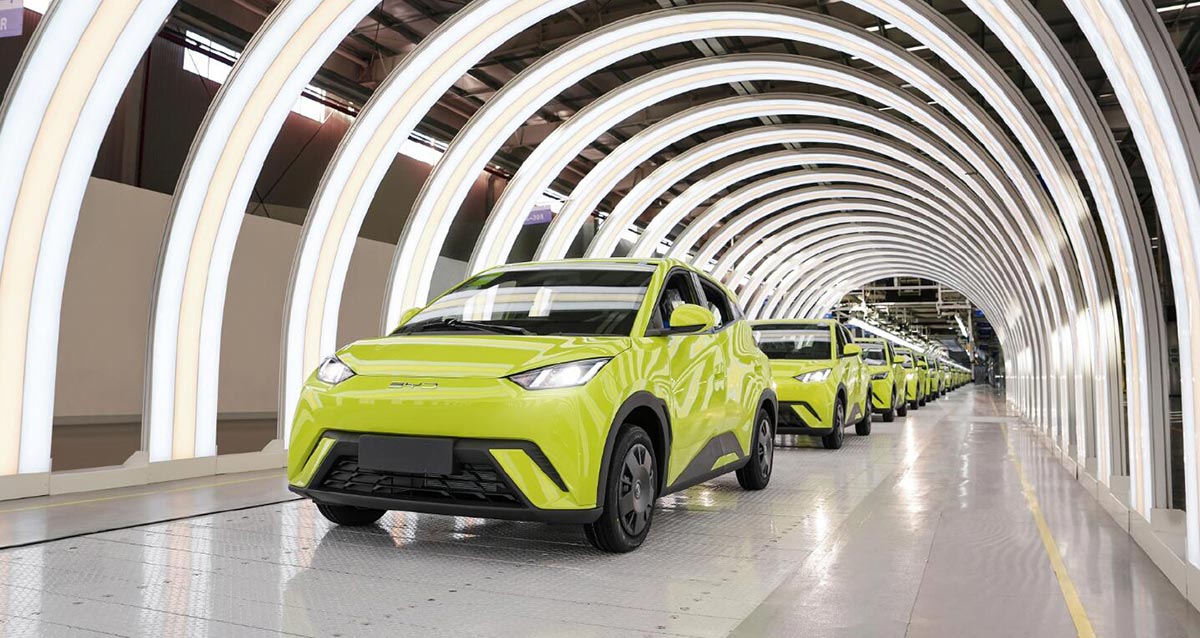The EU Council, representing member states, has voted in favor of imposing special tariffs on electric vehicle (EV) imports from China, according to a statement by the European Commission. The tariffs are part of a broader strategy to address concerns about subsidization of Chinese EVs, which the EU claims harms its domestic industry.
“Today, the European Commission’s proposal to impose definitive countervailing duties on imports of battery electric vehicles (BEVs) from China has obtained the necessary support from EU Member States for the adoption of tariffs,” the Commission said in its announcement. Negotiations with China remain ongoing to explore alternatives, though any solution must comply with World Trade Organization (WTO) rules and effectively address the subsidization issue.
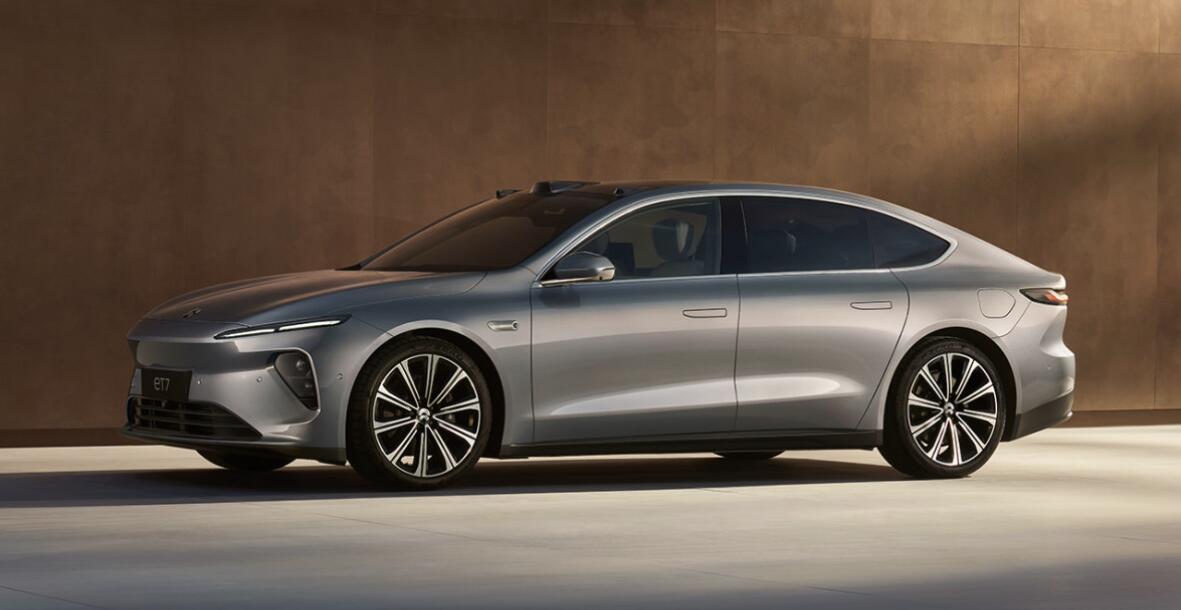
Germany voted against the proposal, as expected, but the measure passed due to broad support, with countries like France and Italy backing the plan. While the exact voting breakdown has not been officially confirmed, reports suggest that ten states, including France, Italy, and Poland, voted in favor, while five states, including Germany and Hungary, opposed the tariffs. Twelve states reportedly abstained.
With the vote passed, the special tariffs are set to come into effect in November, pending a final decision from the EU Commission by October 30. Talks with China may continue in the interim, though earlier negotiations only resulted in a brief delay to the vote.
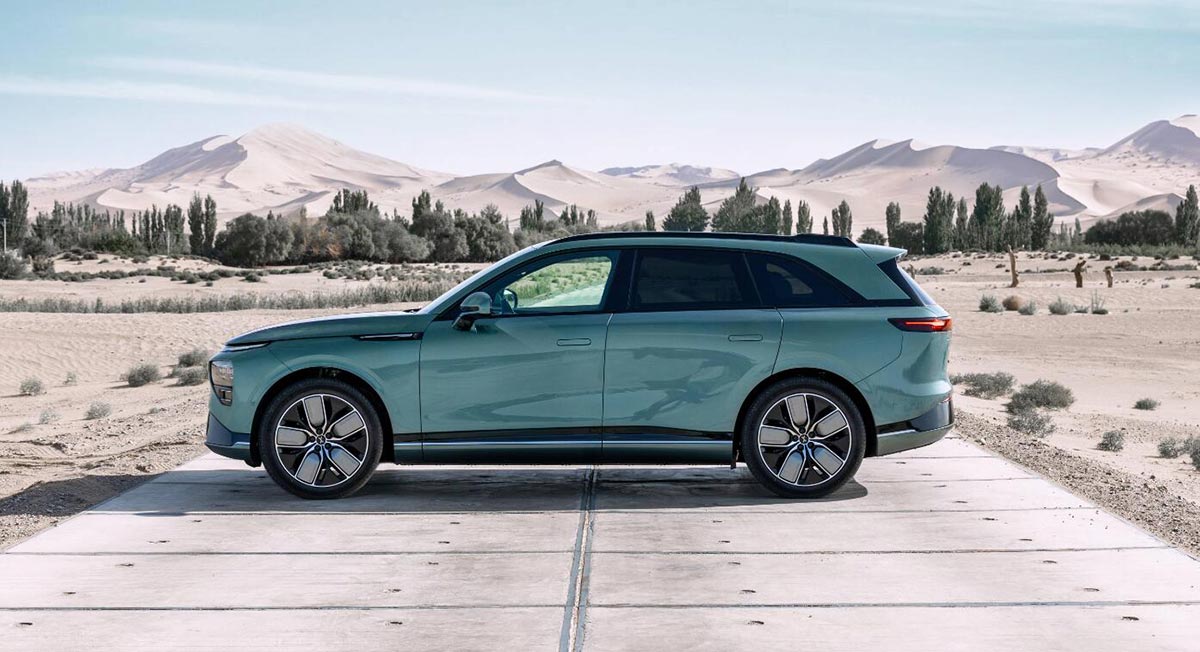
The provisional duties were first calculated in July but have not yet been enforced. The EU clarified that the tariffs would not apply retroactively from July 5, as the legal conditions had not been met. Instead, the definitive tariffs are expected to apply from November 5 for a five-year period.
These special tariffs come in addition to the existing 10% import duty on EVs from China. The rate varies by manufacturer and reflects the level of subsidies each company received. For instance, BYD will face a 17% duty, Geely 18.8%, and SAIC 35.3%. Tesla, which operates independently in China without a joint venture, will pay an additional 7.8%, as the company is considered to have benefited from fewer subsidies.
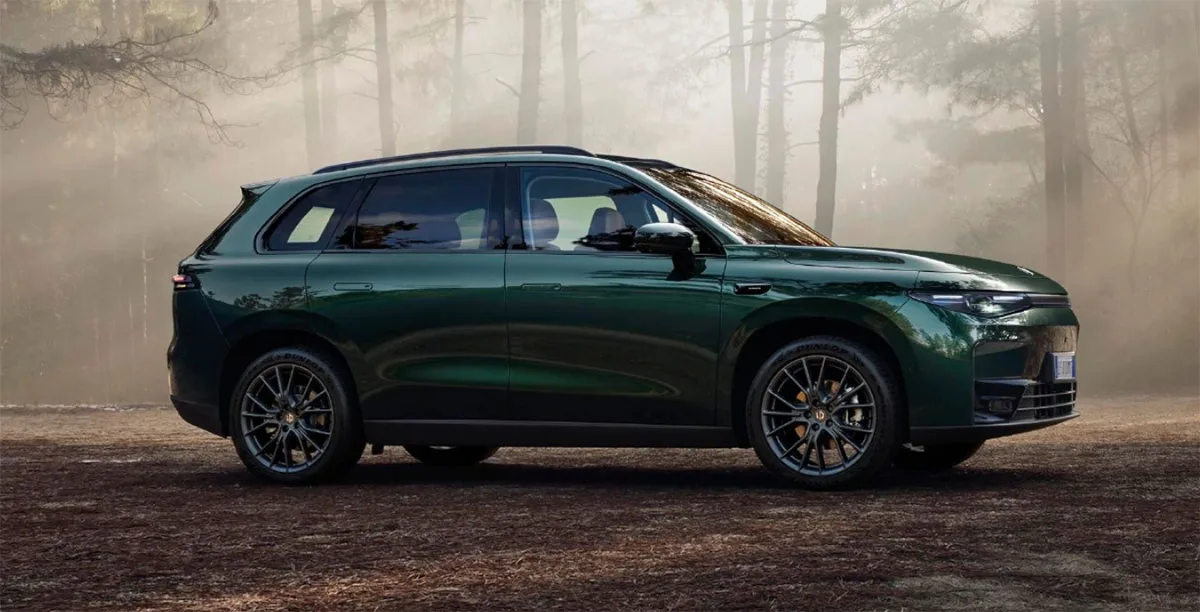
For most manufacturers, a 21.3% tariff will apply, provided they cooperated with the EU investigation. Companies that did not cooperate will face a 35.3% tariff. German automakers will see varying impacts based on their cooperation and that of their Chinese partners, with some, like SAIC-VW, subjected to the maximum rate.

